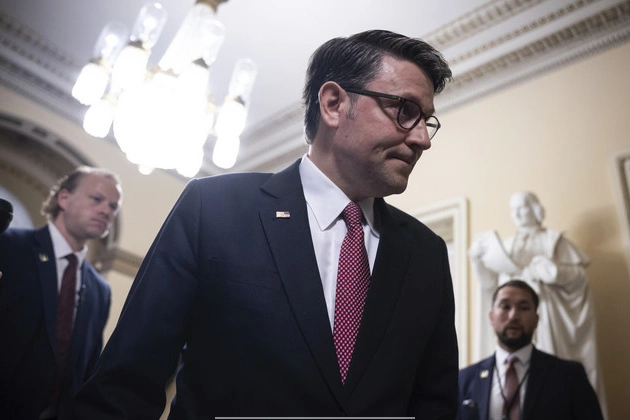
The Success of U.S. Airstrikes on Iran
House Republicans are emphasizing the diplomatic victory achieved through recent U.S. airstrikes on Iran. It is not just about the physical damage caused but the strategic outcome of compelling a weakened Tehran to engage in negotiations.
Secretary of State Marco Rubio underscored that the primary goal of the strikes was to initiate talks with Iran, leading to a ceasefire agreement between Iran and Israel. This development indicates a significant shift in Iran’s approach and a willingness to explore diplomatic solutions.
Impact Beyond Physical Destruction
While there has been debate over the extent of damage inflicted by the airstrikes, House leadership asserts that the success of the mission transcends mere assessments of destruction. Speaker Mike Johnson highlighted Iran’s immediate response and readiness to consider a ceasefire, signaling a notable breakthrough.
The leaked Defense Intelligence Agency assessment, suggesting a limited setback to Iran’s nuclear program, prompted efforts to counter the narrative and emphasize the mission’s effectiveness. The focus remains on the message conveyed to Iran regarding the consequences of nuclear ambitions.
Analysis from Lawmakers
Lawmakers, particularly Republicans, view the airstrikes as a deterrent against Iran’s nuclear aspirations. Despite differing interpretations of the attack’s impact, the consensus revolves around sending a clear signal to Iran about the repercussions of nuclear escalation.
Conversely, some Democrats express reservations about the attack’s efficacy in halting Iran’s nuclear advancements and averting future conflicts. Questions linger about the actual setback caused and the long-term implications on regional stability.
Looking Ahead: Diplomatic Possibilities
The aftermath of the airstrikes has set the stage for potential diplomatic engagements with Iran. While initial success is acknowledged, uncertainties persist regarding the extent of Iran’s compliance and the prospects for sustained dialogue.
As discussions continue within Congress and the international community, the focus shifts towards assessing the diplomatic opportunities arising from the recent military actions and the path forward in addressing Iran’s nuclear agenda.











